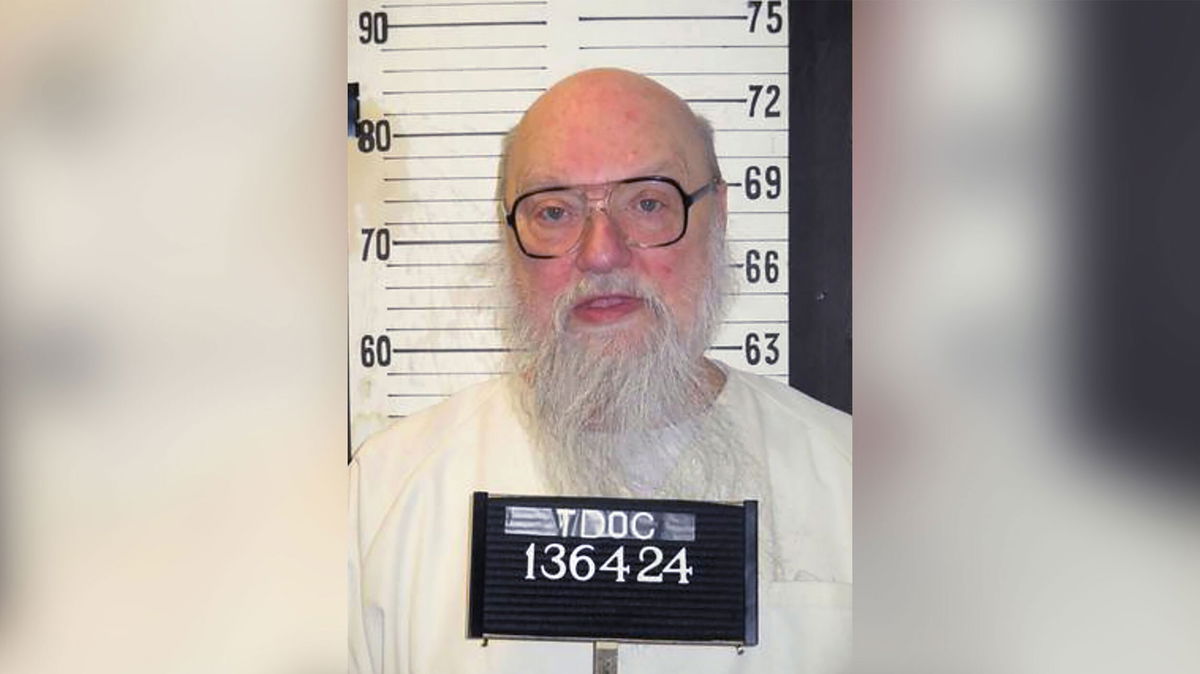Tennessee’s governor has halted executions for an independent review into lethal injections following an inmate’s last-minute reprieve

Tennessee's governor has halted executions amid plans to undertake an independent review into lethal injections following a last-minute reprieve issued to Oscar Smith.
By Dakin Andone and Tina Burnside, CNN
Tennessee’s governor has announced a pause of executions in the state amid plans for an independent review into the lethal injection process after finding that testing procedures for a set execution last month weren’t followed.
The announcement Monday by Gov. Bill Lee, a Republican, follows a last-minute reprieve he issued to Oscar Smith, 72, who was scheduled to be executed April 21 for the 1989 murders of his wife and her two children.
“Questions surrounding lethal injection testing preparation … resulted in a temporary reprieve by the governor,” Lee’s office said Monday in a news release. When Lee issued the order, he tweeted only that it was prompted by an “oversight in preparation for lethal injection.”
After the reprieve was granted, questions about why the governor — who had already denied Smith clemency — would suddenly halt his execution gave rise to calls for a moratorium on the state’s executions. The pause comes at a time when drugs used in lethal injections and how they are obtained by states are increasingly shielded from public scrutiny, according to the Death Penalty Information Center.
Now, Tennessee will retain former US Attorney Ed Stanton to review, according to Lee’s office:
• “Circumstances that led to testing the lethal injection chemicals for only potency and sterility but not endotoxins preparing for the April 21 execution”;
• “Clarity of the lethal injection process manual that was last updated in 2018, and adherence to testing policies since the update”;
• Tennessee Department of Correction “staffing considerations.”
“An investigation by a respected third-party will ensure any operational failures at TDOC are thoroughly addressed,” the governor said in the release. “We will pause scheduled executions through the end of 2022 in order to allow for the review and corrective action to be put in place.”
Smith, the oldest person on Tennessee’s death row, would have been the first to be executed in the state since the beginning of the Covid-19 pandemic. His was one of five executions scheduled to take place this year, per Lee’s office.
“I review each death penalty case and believe it is an appropriate punishment for heinous crimes,” Lee said Monday. “However, the death penalty is an extremely serious matter, and I expect the Tennessee Department of Correction to leave no question that procedures are correctly followed.”
Speaking to reporters Monday afternoon, the governor said he was made aware the day of Smith’s execution that the proper procedure — the testing for endotoxins — had not been properly followed.
Soon after, he temporarily suspended Smith’s execution, he said, and spent the next week determining how an independent investigation might be conducted.
“My concern was that in this one, it wasn’t followed correctly, therefore we ought to make sure it’s followed correctly from this point on,” Lee said. “The death penalty is an incredibly important issue, and it was very important to me that we make certain that every process is being followed.”
One of Smith’s attorneys praised Lee’s announcement.
“Governor Lee’s decision to pause executions pending an independent review of Tennessee’s lethal injection protocol shows great leadership,” Kelley Henry, chief of the capital habeas unit in Nashville’s Federal Public Defender’s Office, said Monday in a statement.
“The failure to test for endotoxins is a violation of the protocol,” she said. “Governor Lee did the right thing by stopping executions because of this breach.”
In an interview Monday, Henry said the presence of endotoxins in the chemicals would raise the risk an inmate might experience pain and suffering as they are executed (though she added she believes even if the protocol works as intended, it would still cause “unconstitutional” pain and suffering for the inmate).
It’s gotten harder in recent years for states to get drugs needed for lethal injections as pharmaceutical companies have made their products unavailable for that purpose, forcing officials to seek out other sources, per the Death Penalty Information Center.
Smith’s attorneys last week called for a moratorium on Tennessee’s executions and said they did not know why their client had gotten the temporary reprieve. The governor’s office had said it was caused by an “oversight,” the lawyers said in a news conference.
“That’s a pretty mild word, ‘oversight,’ a pretty vague word,” said Amy Harwell, Smith’s lead counsel and the assistant chief of the capital habeas unit at the Office of the Federal Public Defender. “It’s a word that’s fitting given the secrecy that surrounds the execution protocols.”
Still, Henry said Monday she was “very grateful to the governor for his leadership in this area.”
“It takes a lot to admit that the Department made a mistake and then to step in and institute a procedure for there to be some transparency and accountability is encouraging,” she told CNN.
Harwell informed Smith of the news Monday morning, Henry said. “He was “incredibly grateful.”
The-CNN-Wire
™ & © 2022 Cable News Network, Inc., a WarnerMedia Company. All rights reserved.